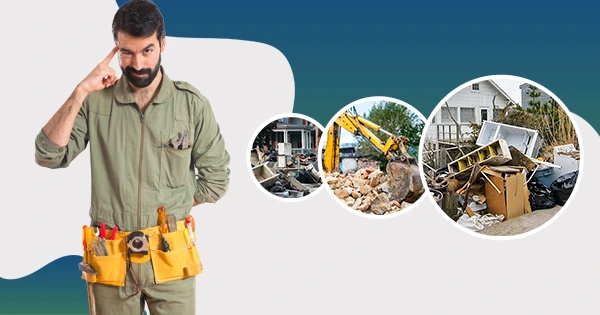Eco-friendly waste management is becoming increasingly important in retail construction projects. With sustainability at the forefront, businesses are seeking solutions that not only reduce environmental impact but also improve efficiency and compliance with regulations.
The Importance of Eco-Friendly Waste Management
Construction sites generate significant amounts of waste, from packaging materials to debris. Managing this waste responsibly helps reduce landfill impact, conserve resources, and promote a cleaner environment.
Integrating Professional Cleaning Services
Retail construction sites benefit from dedicated builders cleaning services, which ensure waste is properly managed and workspaces are left clean and hazard-free. This approach supports both sustainability and safety.
Specialist Waste Management Support
In some cases, construction projects require tailored solutions. Partnering with experts in specialist cleaning can help handle unique waste challenges while adhering to eco-friendly practices.
Conclusion
Sustainable waste management is more than a trend—it’s a necessity. By implementing eco-friendly strategies and working with professional cleaning teams, retail construction sites can achieve cleaner, safer, and greener outcomes.


